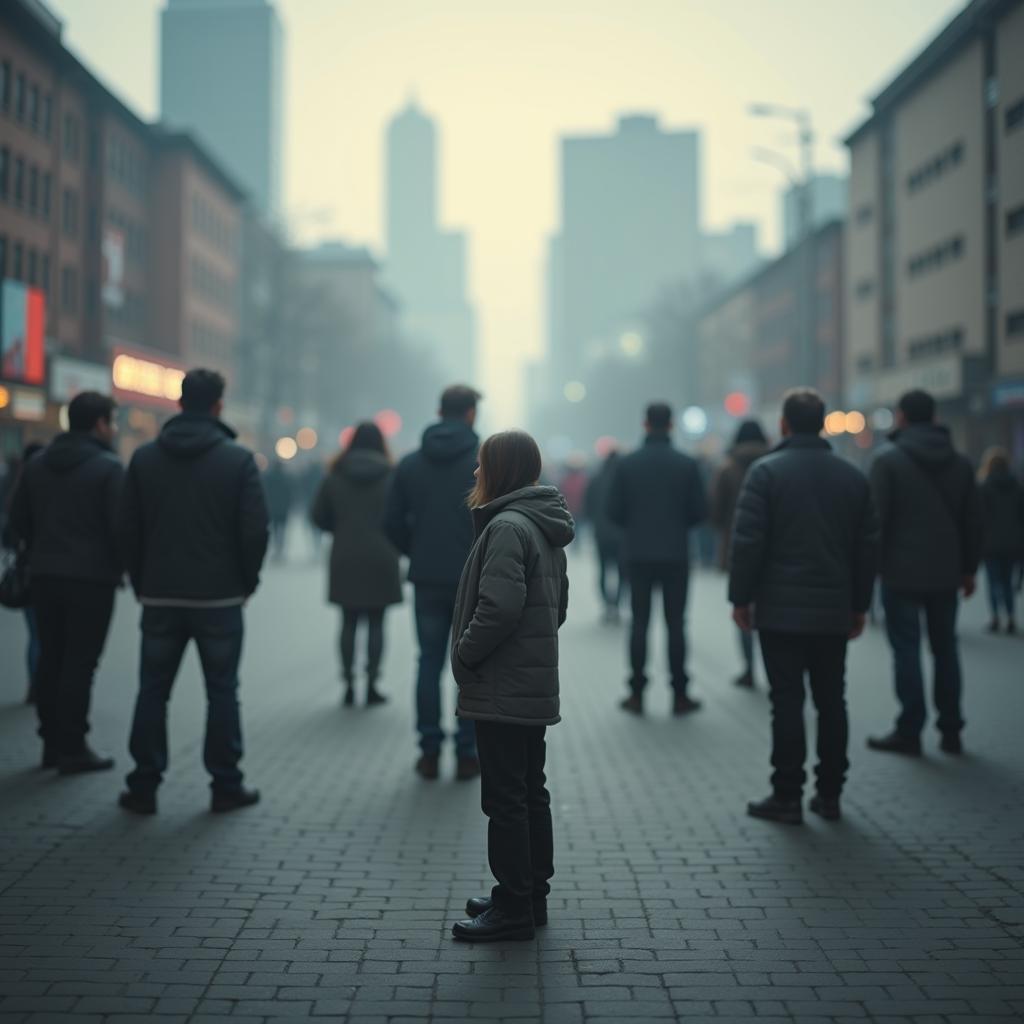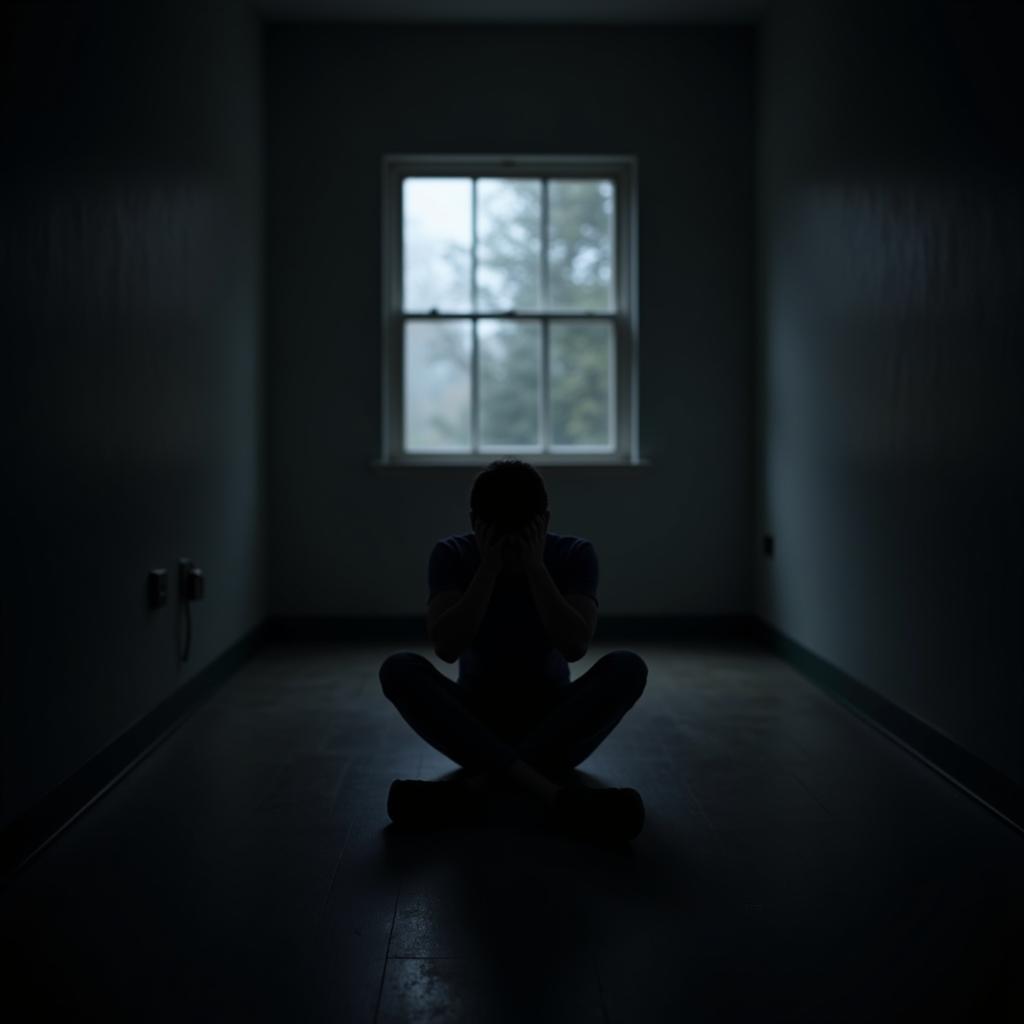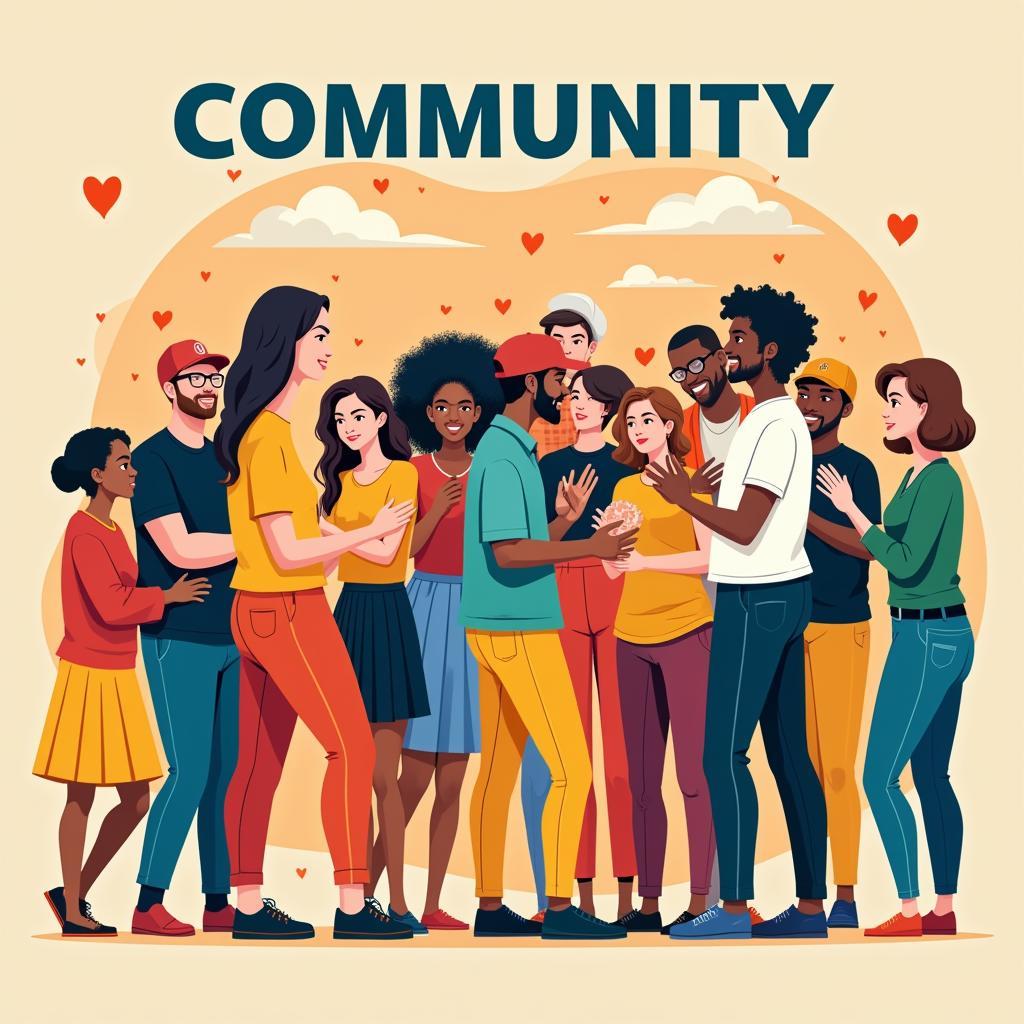A Pariah Society is one where individuals or groups are ostracized, marginalized, and excluded from mainstream social participation. This can stem from various factors such as differing beliefs, cultural practices, or perceived social status. Understanding the dynamics of a pariah society is crucial for promoting peace and fostering a more inclusive global community.
What Creates a Pariah Society?
Several factors contribute to the creation and perpetuation of a pariah society. These include prejudice, discrimination, historical injustices, and systemic inequalities. Often, fear and misunderstanding fuel the exclusionary practices that characterize these societies. One group might perceive another as a threat, leading to social distancing and the creation of harmful stereotypes. Economic disparities can also play a significant role, with marginalized groups often lacking access to resources and opportunities, further solidifying their pariah status.
Understanding the root causes of social exclusion is the first step towards dismantling the structures that support a pariah society. This requires a willingness to engage in open and honest dialogue, challenge preconceived notions, and actively work towards building bridges of understanding.
 Exclusion and Isolation in a Pariah Society
Exclusion and Isolation in a Pariah Society
The Impact of Exclusion
The consequences of living in a pariah society can be devastating for individuals and communities. Exclusion leads to feelings of isolation, shame, and low self-worth. It can limit access to education, healthcare, and economic opportunities, perpetuating a cycle of poverty and disadvantage. Moreover, the psychological impact of being ostracized can lead to mental health issues such as depression, anxiety, and post-traumatic stress disorder. The constant fear of judgment and discrimination can create a sense of insecurity and vulnerability.
Building a more inclusive society requires addressing the systemic issues that contribute to marginalization. This includes promoting equal access to resources, challenging discriminatory practices, and fostering a culture of empathy and respect.
 The Effects of Social Exclusion on Mental Health
The Effects of Social Exclusion on Mental Health
Breaking Down Barriers: Moving Towards Inclusion
Moving away from a pariah society requires a concerted effort from all members of the community. Education plays a vital role in dismantling prejudice and promoting understanding. By learning about different cultures and perspectives, we can challenge stereotypes and build empathy. Open dialogue and communication are essential for fostering trust and breaking down barriers. Creating spaces where individuals from different backgrounds can interact and share their experiences can help to humanize those who have been marginalized.
Furthermore, policy changes and social reforms are crucial for addressing systemic inequalities. This includes promoting diversity and inclusion in all sectors of society, ensuring equal access to education and healthcare, and addressing economic disparities.
Can a Pariah Society Ever Truly Be Healed?
While the challenges are significant, healing a pariah society is possible. It requires a fundamental shift in mindset, from one of exclusion to one of inclusion. It demands acknowledging past injustices and working towards reconciliation. It necessitates creating a culture of empathy, where differences are celebrated rather than feared. The journey towards healing may be long and complex, but with sustained effort and a commitment to social justice, we can create a more just and equitable world for all.
 Building Bridges Across Divided Communities
Building Bridges Across Divided Communities
Conclusion
The concept of a pariah society highlights the devastating impact of social exclusion. By understanding the factors that contribute to marginalization and actively working towards inclusion, we can create a more just and peaceful world. Breaking down the barriers of prejudice and discrimination requires a collective effort, but the rewards of a truly inclusive society are immeasurable.
FAQ
-
What is a pariah society?
A pariah society is one where individuals or groups are ostracized and excluded. -
What causes a pariah society?
Factors like prejudice, discrimination, and systemic inequalities contribute to a pariah society. -
What are the effects of social exclusion?
Social exclusion can lead to isolation, mental health issues, and limited opportunities. -
How can we break down barriers?
Education, dialogue, policy changes, and social reforms can help break down barriers. -
Is it possible to heal a pariah society?
Yes, healing is possible with a shift in mindset, acknowledgement of past injustices, and a commitment to inclusion. -
What are some examples of marginalized groups?
Examples include refugees, ethnic minorities, and people with disabilities. -
How can I contribute to a more inclusive society?
Educate yourself, challenge prejudice, and support organizations promoting inclusion.
If you need further assistance, please contact us: Phone Number: 02043854663, Email: [email protected] or visit our address: Zone 34, Bac Giang, 260000, Vietnam. We have a 24/7 customer service team.